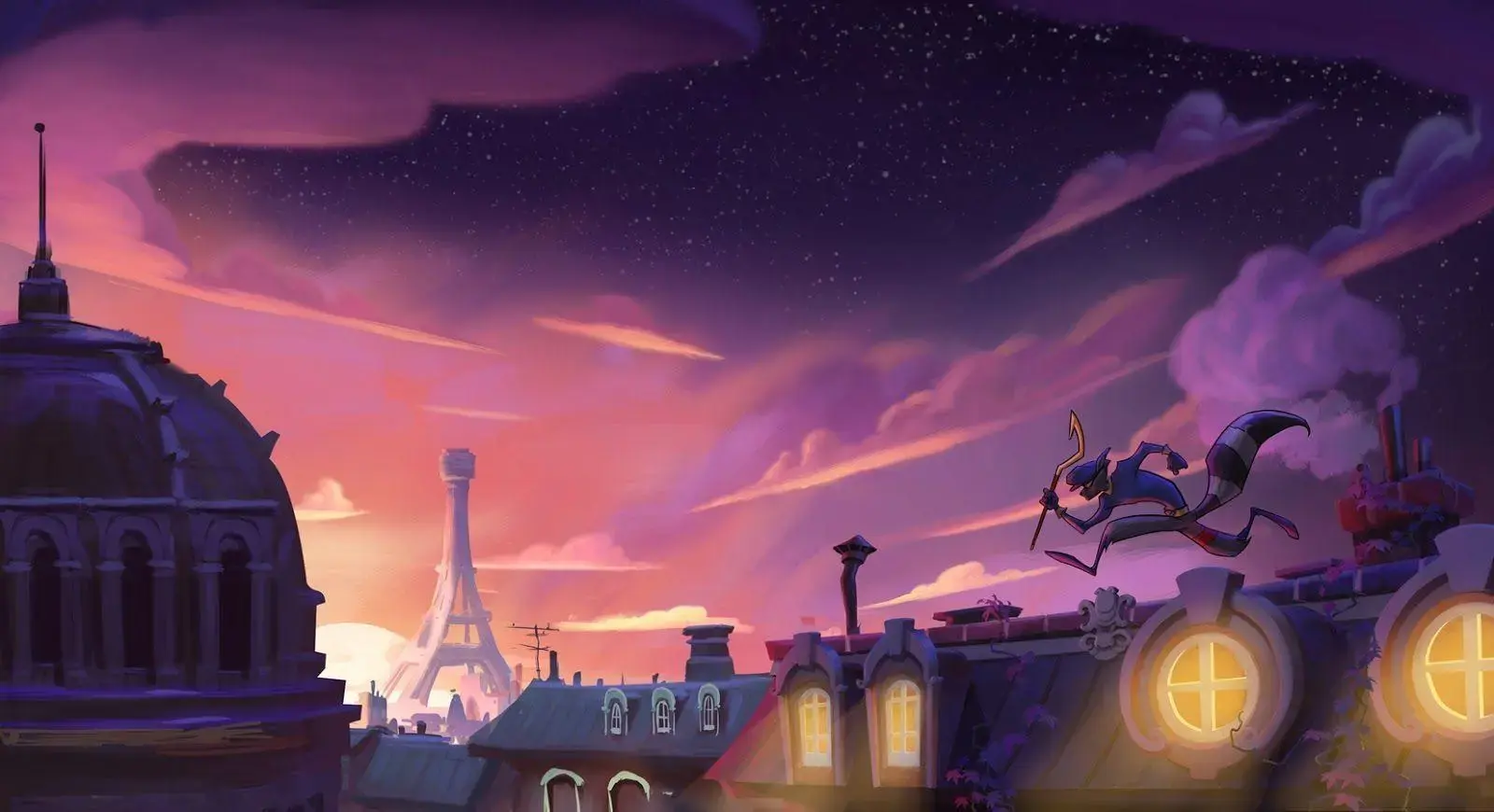

I won’t tell people what to do with their money, but it’s clear people have bought in to both of these games existing. And if it were my money, I’d want to believe in these devs. But for the rest of us, these games need to materialize as functional and fully featured releases for us to care.
And I don’t think the timeline is crazy so far with their development. What’s wild to me is thinking that a newly founded studio, even a well funded one, can knock out a competent single player and MMO with these scopes. It’s slim chances from an outsiders perspective.
Take a look at what mature and well funded studios are putting out in 2023. The likes of Starfield are actually some of the better cases. I know the incentives are different, but still. So I’m expecting a lot of tooling to need to be done for both these games to exist and exist at an enjoyable playability by the end of the 20s.
Anyways, im not trying to kill enthusiasm for people who enjoy interest in the project but to everyone outside of that, this isn’t reassuring. All large scope games should be considered to be nonexistent until they hit reviewers hands at this point.

This is my main concern about the game. With tech that moves this quickly, you have to understand that game companies who are established are living on the very edge of that debt.
Like starfield for example. Who knows how old it’s code is from the start of its development. It’s why Bethesda games break frequently and crash often. When you develop games on a 8-10 year cycle, think of how many hardware generations that is. 3 to 4 right? So when you’re talking about building an engine, then running it and building a game, then supporting it, all over the coarse of 15-20 years of coding? It’s a giant mess to program and there’s no way in hell it can be optimized properly.
Not to mention the massive task of upgrading the game as new hardware and new engine features arrive.